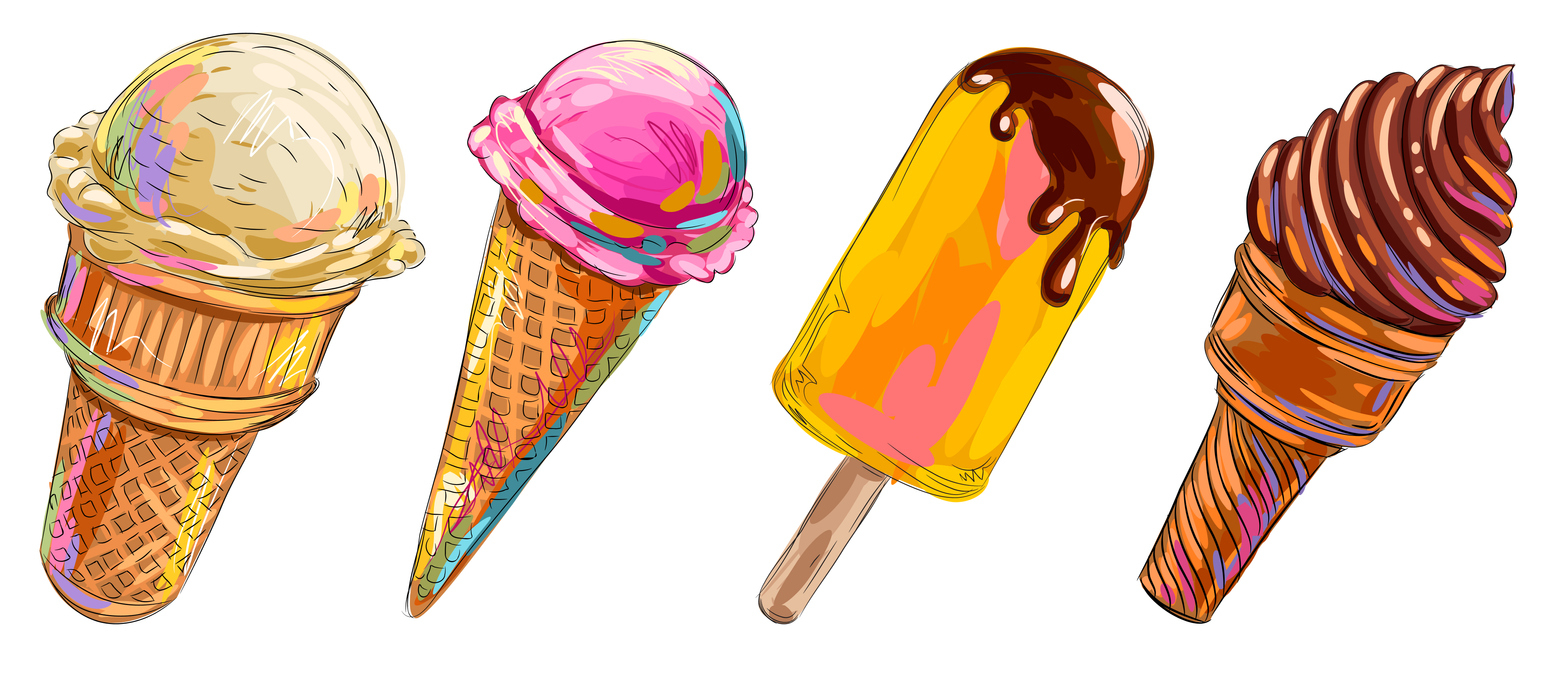Commitment + Clinical Leadership = Better Outcomes

How Does Brain Freeze Work?
You take a bite of your creamy, delicious ice cream as you sit in the warm sun. It melts on your tongue, so you take another bite. Then another. You don’t notice that you’re eating your food faster than normal, and continue to enjoy your ice cream at a quick pace.
However, you soon find yourself having an ice cream headache. Your head feels dizzy, and you’re having a hard time feeling your tongue.
Brain freeze happens to everyone, but what’s the science behind it? Here’s why you get brain freeze headaches whenever you quickly eat deliciously cold food.
What is Brain Freeze?
A brain freeze headache, also known as an ice cream headache or a cold stimulus headache, is when your head hurts after eating cold food too quickly. It occurs when the top of your mouth called the upper palette is exposed to cold food.
The medical term for a brain freeze headache is “sphenopalatine ganglioneuralgia” or “cold neuralgia.”
Brain freeze can occur with both solid and liquid foods. Ice cream, popsicles, slushies, cold drinks, are common food items that can cause brain freeze.
The science behind brain freeze
Believe it or not, scientists aren’t 100% certain what causes brain freeze; however, because so many people experience these ice cream headaches, it’s been a topic of discussion in the medical community.
According to Medical News Today, scientists believe brain freeze headaches are caused by the rapid constriction of blood vessels in the palette. This happens because your capillaries, which are branches of blood vessels, are narrowed when exposed to colder foods.
When your capillaries narrow as a survival reflex, the amount of blood flowing to your brain changes, thus causing a headache. That means your brain freeze headache is a result of the change in blood flow.
When your palette is warmed, you will stop having a brain freeze headache because your capillaries expand. It’s believed that the fast-paced changes cause your nerves to react, and the blood vessels will widen.
How to Lessen Brain Freeze
No one likes the feeling of a brain freeze headache, but some people are more prone to them. For example, if you have migraines, you’re more likely to experience brain freeze when eating cold food. This is because they both occur in the same spot on the head.
If you end up with brain freeze, warming the palette will cause the headache to go away faster. Some ways you can do this are:
- Drink warm water. This will remove the coldness from your mouth and replace it with warmth.
- Remove the cold food from your mouth. Don’t keep eating your ice cream or drinking your slushy – remove it from your mouth so that way your palette can be exposed to warm air.
- Press your thumb or tip of your finger against the roof of your mouth. This can help draw heat to your pallet and alleviate the cold feeling.
Should you worry about brain freeze?
Because brain freeze headaches usually last only five minutes, they usually aren’t a cause for concern. Most people recover fairly quickly and then go back to eating their delicious food.
However, if your head hurts for a prolonged period after eating a cold treat, consult a doctor.
How Can I prevent Brain Freeze?
If you want to enjoy your favorite cold foods without brain freeze, you can:
- Eat cold food slower
- Drink warm water between bites of your cold food
- Allow your food to warm up a little before eating it
About Saber Healthcare Group
Saber Healthcare is an organization that provides services to more than 130 buildings across the states of Ohio, Pennsylvania, Virginia, North Carolina, Indiana, and Delaware. To learn more about our company and services, click here.
Saber Healthcare is an organization dedicated to providing consultant services to long-term care providers. This article is for informational purposes and is not meant to be seen as professional advice. Please consult with a medical expert before relying on the information provided.
Sources
